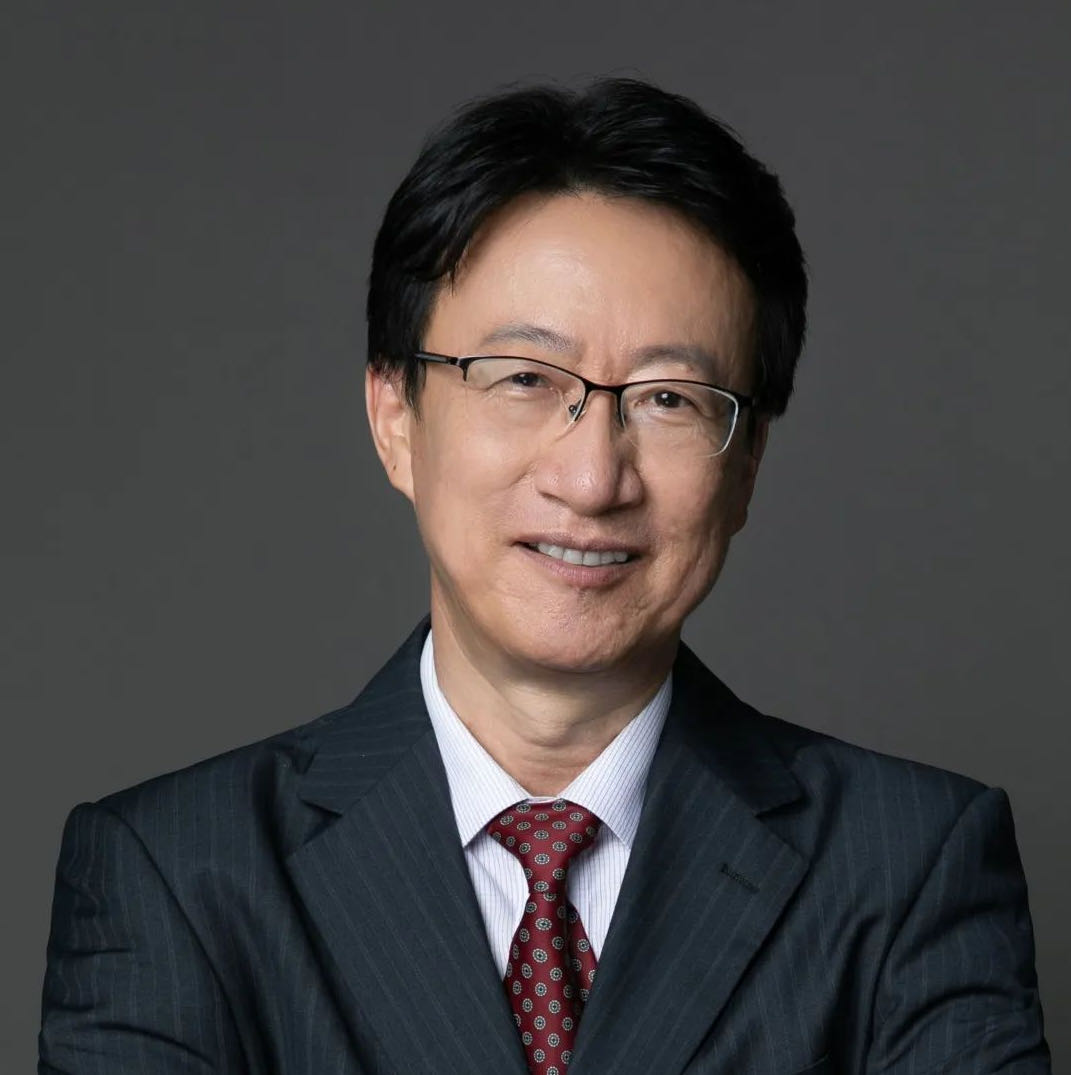Keynote Speaker

Prof. Ji-Dong Gu
Environmental Science and Engineering Research Group, Guangdong Technion-Israel Institute of Technology, ChinaSpeech Title: CO2 Capture and Microbial Catalytic Conversion to CH4 with Reducing Powers from Minerals and Sunlight
Abstract: Carbon dioxide is a major greenhouse gas contributing to the climate change, and its capture and storage in the subsurface ecosystems is one option for long-term management of this gas from industries for a sustainable development. In the subsurface ecosystems, due to the indigenous microbiota, the fate of CO2 in such ecosystems is not known and studies were carried out to investigate the indigenous microbiome in subsurface ecosystem, their metabolic capabilities in transforming the injected CO2 to advance the current knowledge on CO2 capture in subsurface ecosystems for permanent storage using Illumina sequencing of genomic DNA and transcribed RNA, detection and identification of transformation metabolites, the genes responsible, and also thermodynamics calculation to find out the best conditions for CO2 conversion to bioenergy as a future technology in energy management. In laboratory-based incubation, studies were conducted to determine the fate of CO2 and also the responses of microbial community. In addition, a promising strategy to stimulate and accelerate biological transformation of CO2 into methane as energy was achieved in this study with ZVI as the alternative electron donor. Enrichment of Methanothermobacter spp. supported their competitive role in biological production of methane process via CO2-reducing methanogenesis and formate methanogenesis in ZVI-amended cultures. The detected FeCO3 mineral also presents a potential for immobilization of CO2 in the presence of ZVI under the anaerobic conditions. Biomethane production with high rates (> 61.67 μmol/(l·d)) amended with ZVI detected in this study provided a potential opportunity for value-added CO2 management technologies and further bioenergy regeneration from CO2 in EOR and CCS of oil reservoirs. Stable isotope C-13 labelled CO2 was used to trace the transformation and fate of introduced CO2 in the microcosm systems in this study with minerals or sunlight as a source of electron. Results suggest that biotransformation of CO2 to CH4 and also organic fatty caids occur in simulated subsurface conditions and the rate of transformation ca be further accelerated by addition of ZVI as an addition a source of electron donor.
Biography: Ji-Dong Gu is currently a full professor of the Environmental Engineering, Guangdong Technion - Israel Institute of Technology and also Israel Institute of Technology. He obtained his B.Sc from Heilongjiang August First Land reclamation University, M.Sc. from University of Alberta (Canada), and Ph.D. from Virginia Tech (USA). After a brief post-doc at University of Massachusetts – Lowell, he joined Ralph Mitchell’s Laboratory at Harvard University for 6 years before taking a faculty position at The University of Hong Kong for more than 21 years. After resigning from the University in Hong Kong, he started his new full-time position with Guangdong Technion - Guangdong Israel Institute of Technology in 2020.
His recent research interest includes: 1) carbon and nitrogen cycling, including anaerobic ammonium oxidation and nitrite-dependent anaerobic methane oxidation; 2) oil field microbiology for enhanced oil recovery and pollution remediation; and 3) microbiology of cultural heritage.
His h-index is 86, i10-index 449, and total citations of 27,249 (GoogleScholar). He has been the world top 1% scientists by WoS since 2013. He has published in the areas of applied and environmental microbiology and toxicology with more than 450 refereed scientific journal papers, 40 book chapters. He co-edited a book with Ralph Mitchell on ‘Environmental Microbiology’ (2nd ed, John Wiley-Blackwell. 2010), and wrote a book on ‘Biosusceptibility of Polymers and Fiber-reinforced Composites and Testing Methods’ (Springer, 2024/5), and additionally edited/co-edited 8 special issues in International Biodeterioration & Biodegradation, Ecotoxicology, International Journal of Molecular Sciences, and Frontiers in Microbiology. In the Environmental Science and Engineering category, he is ranked the top scientists and highly cited in China.
He is the editor-in-chief for International Biodeterioration & Biodegradation (2015– ).
